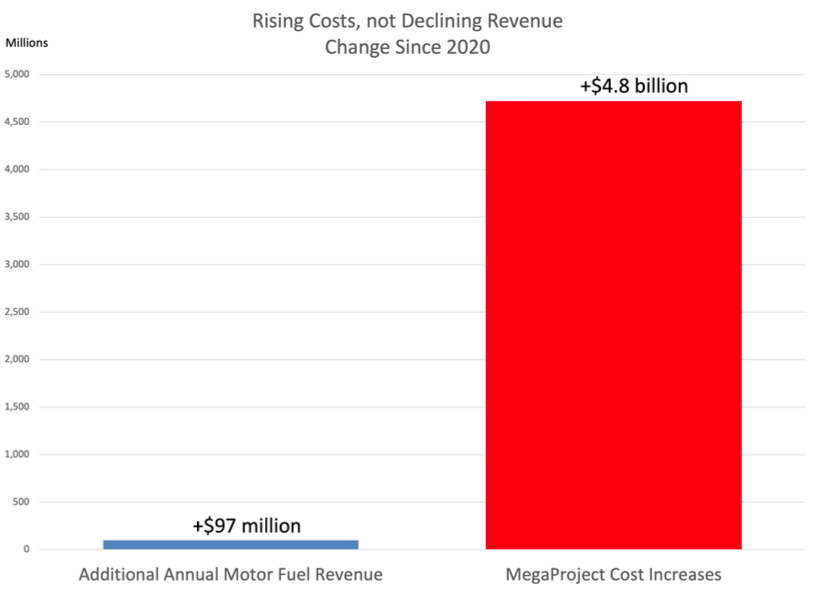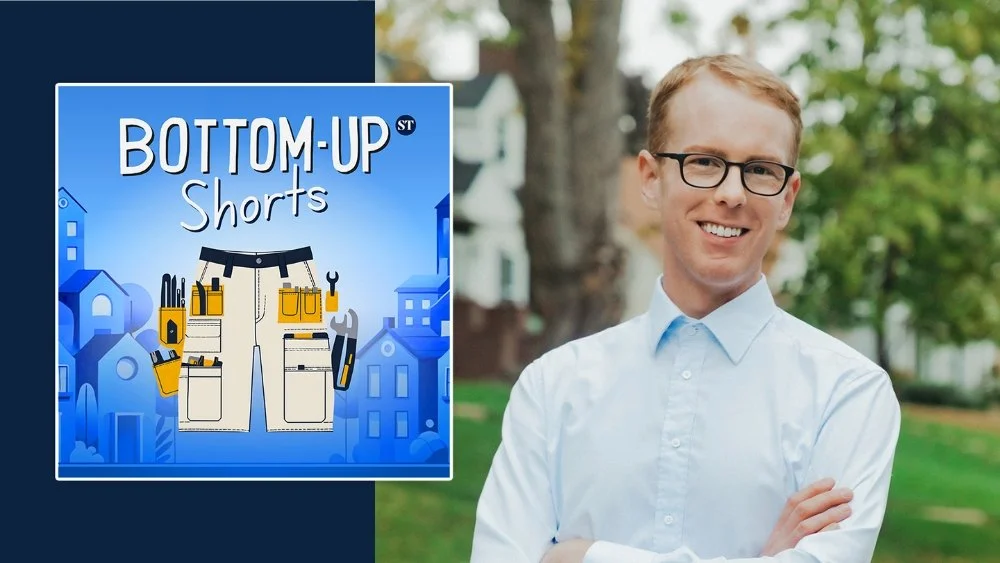Reset Reading Group resources for discussion curated and introduced by Karrina Nolan from Original Power. Includes Indigenous Principles for Just Transition, interviews, videos, podcasts, campaign links and prompts for discussions.
A sense of fear is rippling through higher education—the fear that the Trump Administration will hold it accountable for violating federal law. As President Trump withholds millions in grants to Ivy League institutions, The New York Times’s Thomas Edsall innocently asks, “The American university system commands worldwide respect. What would prompt a call for its abolition?”
Like so many institutions, the American university system used to enjoy bipartisan trust and support. It once commanded broad-based respect, a respect that has been in freefall as the Left systematically dropped objective standards of excellence and the canon of Western civilization, replacing them with ever-evolving departments of grievance studies and activism. The majority of Republicans view American universities as a net negative. Independents are trending the same way, with just one-third saying they have “quite a lot” of trust in our universities.
On the basis of once high levels of trust, the universities secured enormous taxpayer benefits not given to any other sector. Now, they are shocked to find themselves in the process of losing their special carve-outs, which make up a substantial portion of their budgets. Losing these perks is a serious threat to their entire business model. In other words, as the kids say, FAFO.








